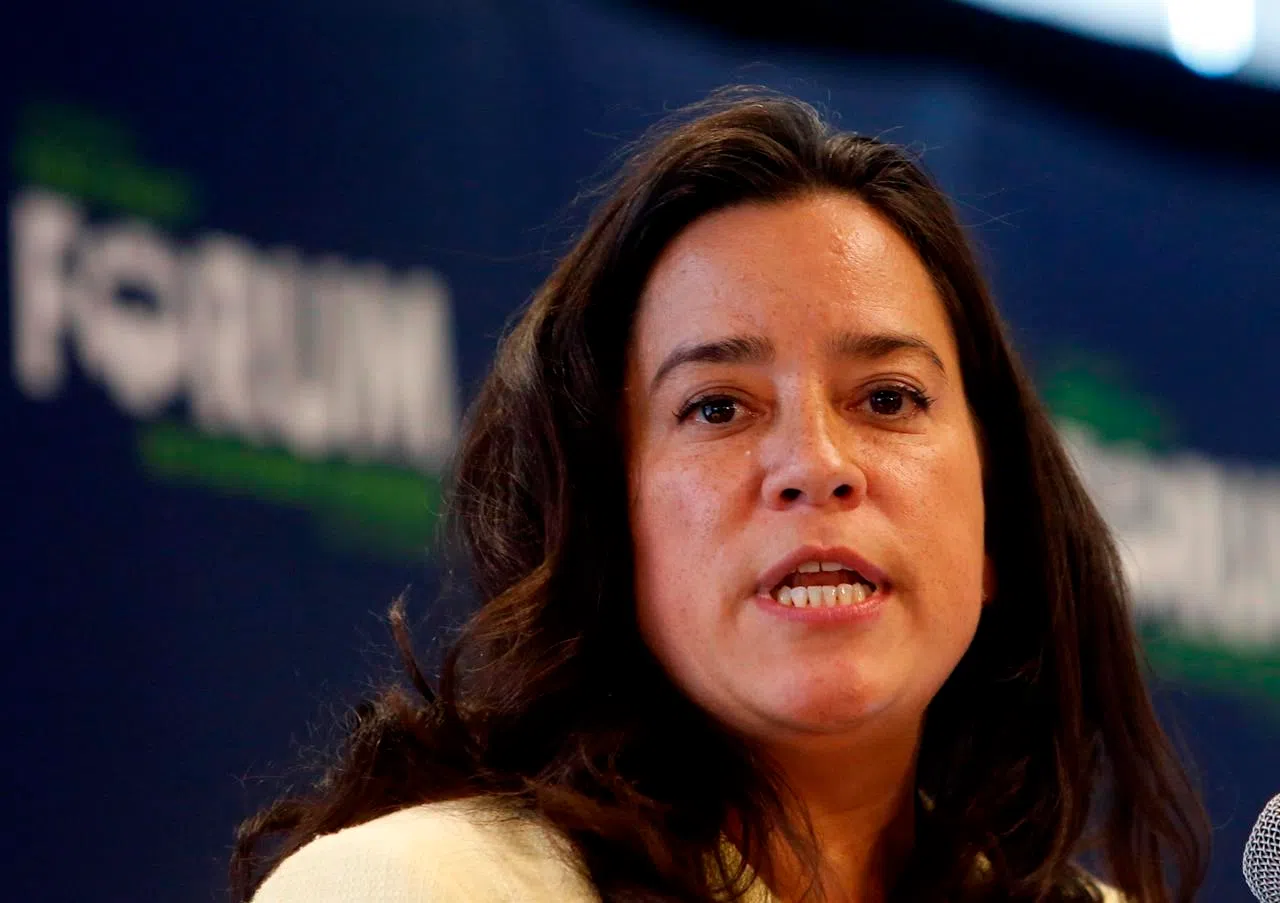
Reconciliation with indigenous peoples key to economic growth: justice minister
OTTAWA — The federal Liberals remain fully committed to legal and policy reforms for indigenous people, Canada’s justice minister said Wednesday as she sought to deflect complaints that the government has so far only paid lip service to Aboriginal Peoples.
There are those who question the strength of the Liberal government’s commitment to indigenous issues, Jody Wilson-Raybould acknowledged during a speech hosted by the Public Policy Forum in Ottawa.
That’s far from the truth, she said, pointing to work unfolding behind the scenes.
“Let me say this: our commitment is as strong as ever,” Wilson-Raybould said.
